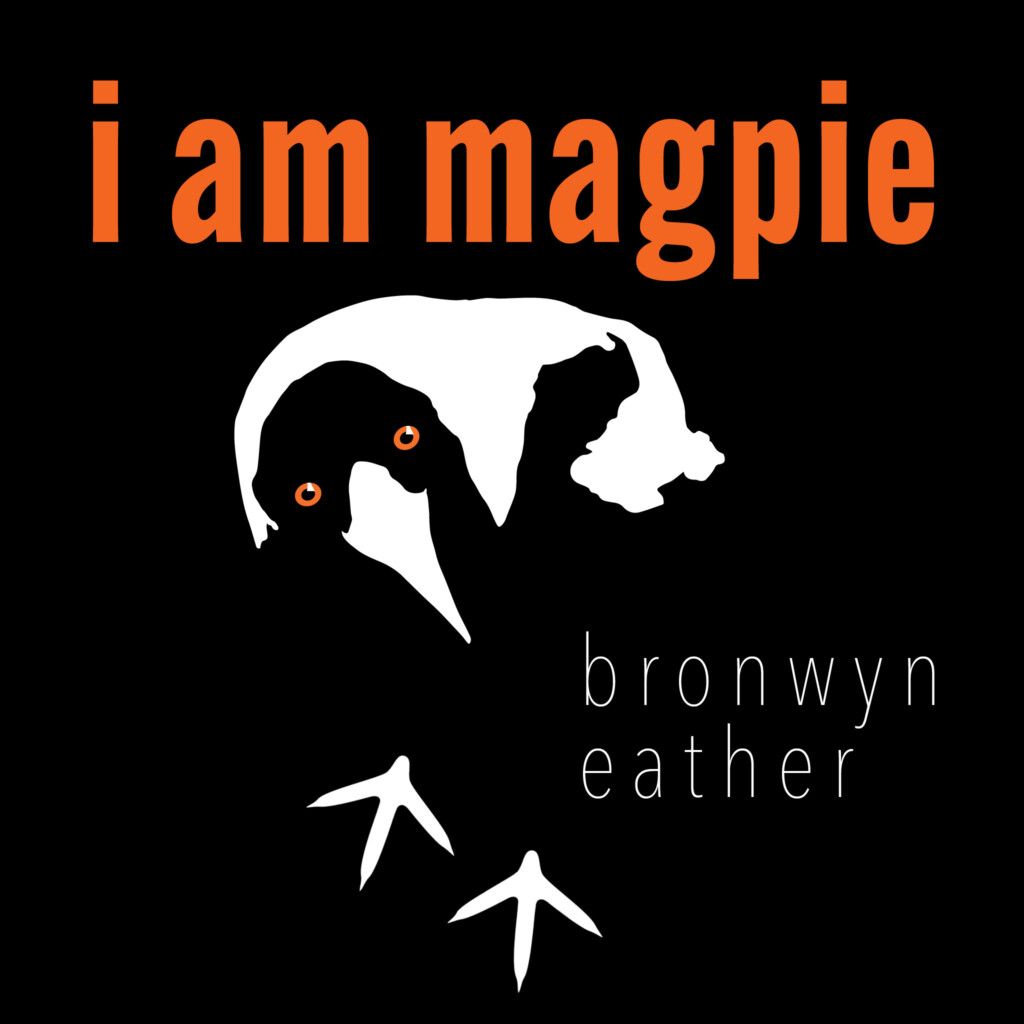I am magpie | Episode 3 (Poems XI – XV)

Just as a bird yearns to sing, Eliza needs a way through to the language of the Yura. The winter settles in, and on the horizon come a series of changes that throw focus on despondency all around her.

It is November 1789 in the scratched out colonial town of Sydney. Eliza Collins (nee Swift) wakes to the giddy sensation that her lucid dreams have returned and that her body feels reawakened. Thirty-one, a widow and a student of enlightenment, Eliza dares to hope that her grief has finally lifted and that she can now renew her social contract. Today she will approach the astronomer and ask to work with him and with the women, learning the local language. This, she knows, is the key to her purpose. It is the new world and she will play her part in it.
Why then is the path to the headland so forbidding? Why, despite her gifts, is the language so opaque to her open mind? Why this doubting of her mystic visions in the vast antipodean starscape. Fireside ceremony, ominous intoning, forbidding guardians of the stars, all create mystery on her quest. Eliza’s dreams persist and seem full of promise, yet within them she senses a loss of power and insight.
Can this really be the promised new world? Eliza has her independence. She has her friend Meg. She is determined to fulfil her social contract. But the fledgling colony is struggling. Disease, hunger and thankless toil surround her. There is violence in the air. She faces doubt and despair. How is it that the most downtrodden still display glimmers of hope and calm wisdom? Eliza is challenged by spectres of grief returning, and in her dreams she encounters three mythical birds. She will learn to trust, she will learn this language, but not until she learns to listen.
In her dreams among the stars Eliza must surrender, first to the wiley raven, then to the sensuous owl and finally to the powerful, wild emu. She eventually unlocks the key to the Yura language and learns that her power lies not in creating the story of her future, but in sitting, listening, and quietly retelling the myths of this land. There, on the other side of time, sitting among the women, Eliza finds her place, in the space between the stars.

Just as a bird yearns to sing, Eliza needs a way through to the language of the Yura. The winter settles in, and on the horizon come a series of changes that throw focus on despondency all around her.

As Spring arrives in the colony, Eliza gathers her spirit through her morning musings. Her dreams provide no insight to her purpose, yet they do arouse memories. We begin to see what sets Eliza apart.

Eliza sees playfulness in the women, yet there on the headland, her own spirit wavers as shadows resurface. Drained of hope, Eliza faces her failure to embody her vision for a new world.

The women on the headland continue to encourage Eliza, and she finds some grace, humour and renewed purpose. Her dreams evince treasured memories and ghostly spirits.

Eliza grapples for a sense of place, even in her dreams. Beguiled by the sentinel, Eliza finds only emptiness. Still doubting the value of her shadow self, Eliza surrenders to the notebooks.

Eliza’s joy bubbles forth with her study of the notebooks, and her dreams evoke a gentle, yearning spirit. She faces an uncomfortable truth and resolves to yield to newfound insight.

Eliza turns to Meg and begins to share her story. Gradually, the past unfurls in the telling. Her love for Thomas. Her sudden awakening. Her unbounded passion. Her hopes for their future.

The notebooks begin to reveal their mysteries to Eliza. She recalls the day when everything changed. Then that night when she knew she would sail alone. Eliza receives her first talisman.

Stories and memories unfold. Meg encourages Eliza to read from her sea journal and to remember. Tentatively she begins to read, and then to experience her interior journey anew.

e m e r g i n g ~ ~ hearts lift ~ we breathe ~ & listen ~ rhythm of the day ~ round & round the ~ beauty of our circling ~ in & under ~ over & around ~ we breathe ~ & listen ~ we are that which ~ we make yet ~ how we dream ~ & yearn ~ for memory ~ silken threads ~ shining with desire ~ we are not our minds ~ so much more than ~ our minds we ~ breathe again ~ deeply we breathe as ~ fear trembles in the breeze ~ light against the shadows lurking ~ nightbird screaming from the dark ~ we are not our minds so much ~ more than our minds we fly ~ we breathe & listen ~ moving forward ~ taking flight ~ taking pleasure ~ tasting words & ~ striving for our needs ~ we trust dreaming straw ~ spinning into gold ~ hearts lift ~ we breathe ~ we listen ~ we breathe & ~ then we rise